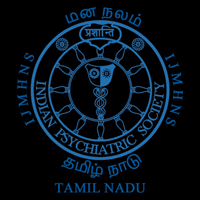Prevalence and family factors associated with loneliness during COVID-19: A cross-sectional study from South India
Abstract
Background: Loneliness can affect anyone at any point in their life. It can be detrimental to the wellbeing and quality of life of individuals and communities. In the ongoing COVID-19 pandemic, loneliness is considered as a public health crisis. Hence, the objectives of the study were to estimate the prevalence of loneliness and family related factors associated with loneliness among general population in south India.
Materials and methods: The study employed a cross-sectional online survey design. The data was collected in between May 5th to June 15th, 2020 from adults in Southern India. Socio-demographic profile and family related variables were collected using a semi-structured proforma. Loneliness was assessed by UCLA loneliness scale.
Results:Of 573 total respondents to the survey, aged between 18-65 years, ,43% were male and 57% were female. The overall prevalence of loneliness was 63% (358/573). No significant gender differences were observed in the prevalence of loneliness.Family discord was associated with higher rates of loneliness (p<0.01). Other factors associated were younger age and being single.
Conclusion: Rates of loneliness during the COVID-19 lockdown were high in Southern India. Findings suggest that interventions should prioritize younger people. Increasing social support and improving interpersonal skills, which in turn would help reduce family discord may reduce the impact of COVID-19 on loneliness.

